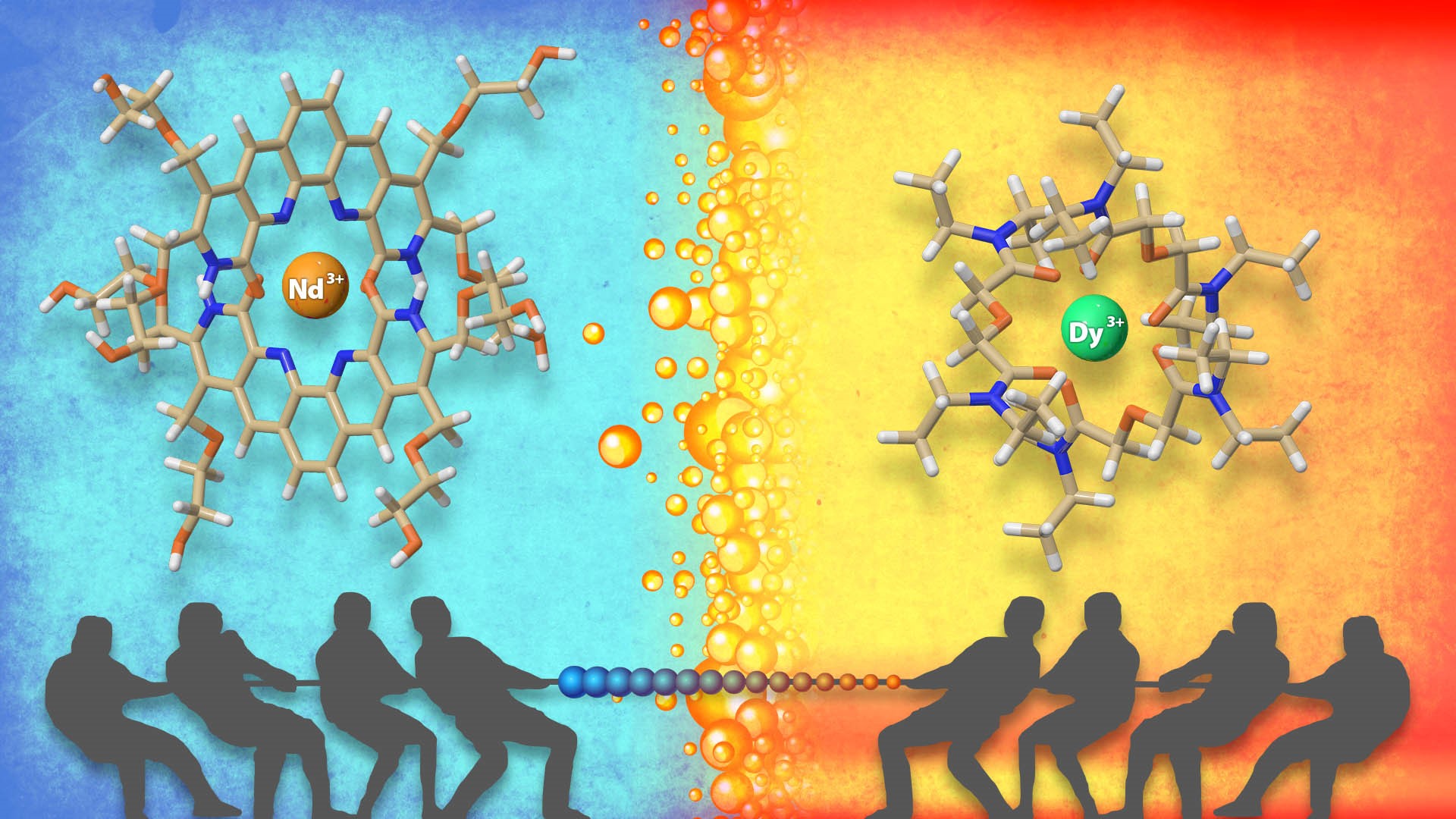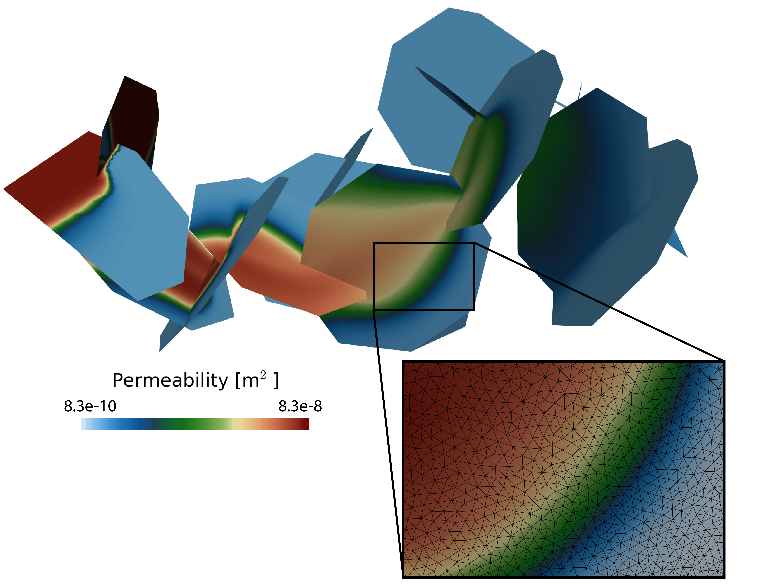Chemical Transformations
Research themes include the characterization, control, and optimization of chemistry in many forms. Catalysis science underpins the design of new catalytic methods for the clean and efficient production of fuels and chemicals through thermally and non-thermally induced reaction pathways. It involves catalysts of various types: inorganic and organic complexes, nanostructured and macromolecular phases, and solids and interfaces in complex environments. Heavy element chemistry explores the unique molecular bonding of the actinide and transactinide elements using experiment and theory to elucidate electronic and molecular structure as well as reaction thermodynamics. Research on chemical separations focuses on understanding pathways and developing principles for how to control atomic and molecular interactions with separation media, including solvents, inorganic and organic/hybrid membranes, confined environments, complex mixtures and interfaces. Geosciences research covers molecular to mesoscale processes underlying interfacial geochemistry, flow and transport, and geomechanics.
For more information about these research areas, please contact the Team Lead, Dr. Raul Miranda.



